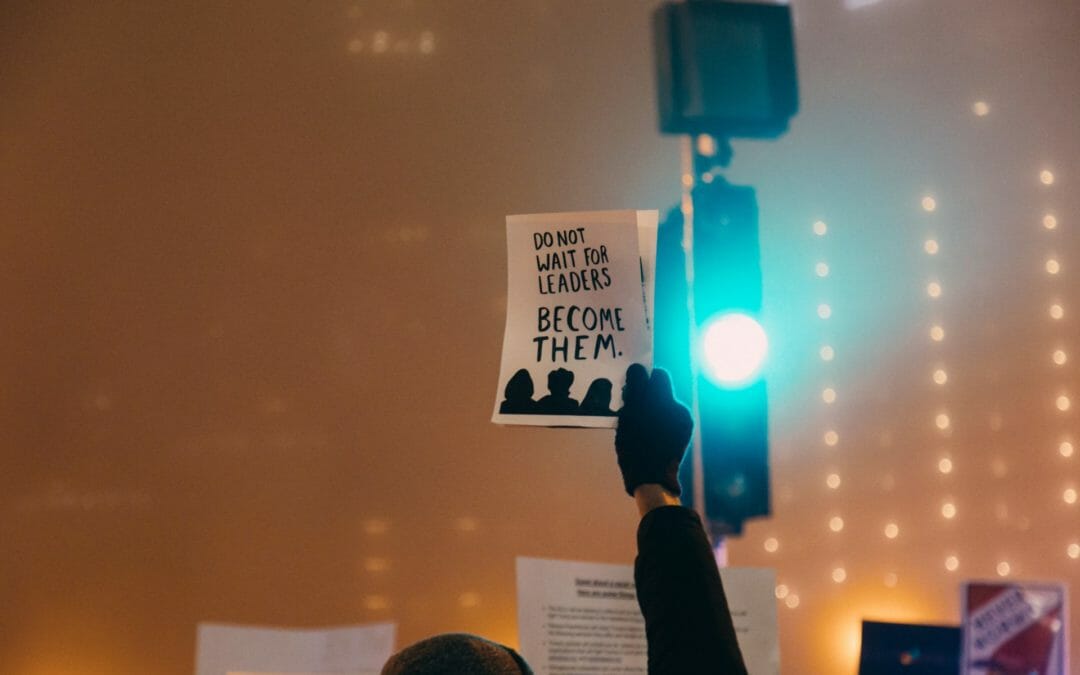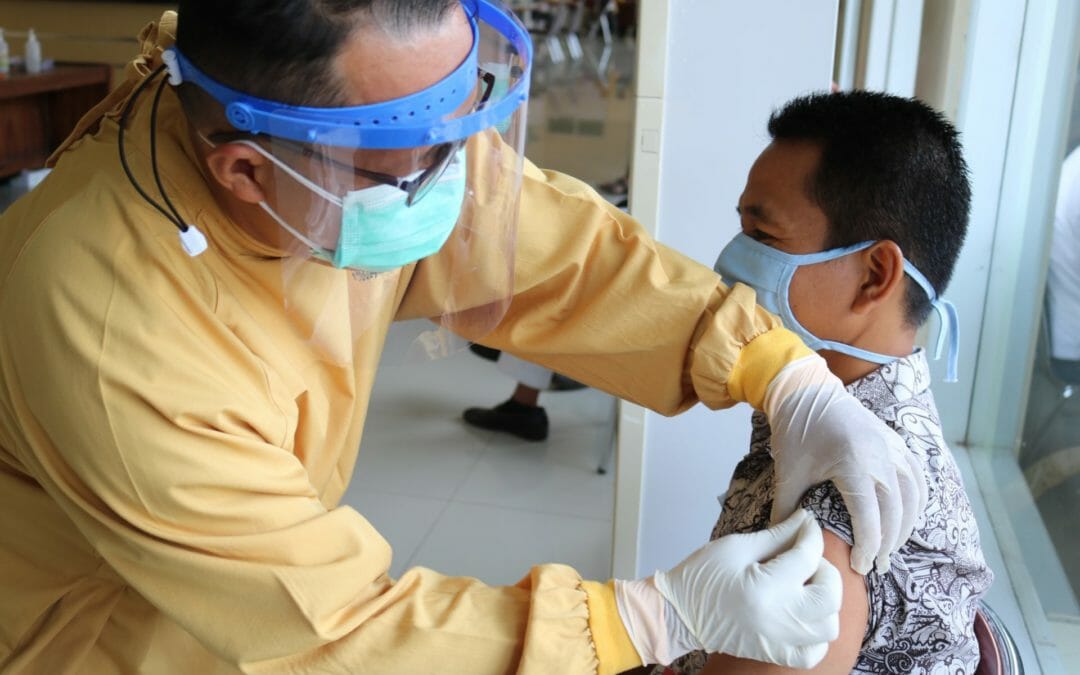
Celebrating 25 years of The Christian Citizen
What began 25 years ago as a print publication focused on lifting voices for biblical justice, is now a digital-first publication speaking to issues of justice, mercy, and faith.

What began 25 years ago as a print publication focused on lifting voices for biblical justice, is now a digital-first publication speaking to issues of justice, mercy, and faith.

The church has been significantly affected by the lingering impacts of COVID-19. The COVID era and its related impacts are here to stay. We would do well as pastors to understand how we can be most effective as we lead.

While we live in a democracy where we are entitled to exercise our “unalienable rights,” public safety has not registered on the hearts, minds, and souls of some Americans. While our rights are indeed important, we need to be alive and healthy to fight for these rights. May we find it in our collective hearts to truly be our brother’s keeper in our efforts to keep one another safe. May we look beyond the narrow view of “rights” to see the broad perspective of public safety.

The most natural way to make restoration possible is to carry the sacred discoveries found within the Eucharist to one’s neighbor as a matter of course. The forgiveness that can come so easily at the table is transferable to each person within one’s purview during the course of the week. It might take special effort to follow through, especially during our current pandemic times, but it could be the only way to fully realize this ordinance of the church. Jesus certainly managed to do it, and humankind has been charged to imitate him.

The struggle to care for the integrity of our creation cannot be waged and sustained apart from the struggle for justice amongst people. Biblically, justice and a spirituality of ecology are linked to each other in one ecosystem.

Books have been wonderful companions through these isolating months. Here are some books I have found to be particularly helpful in the last uncertain year.